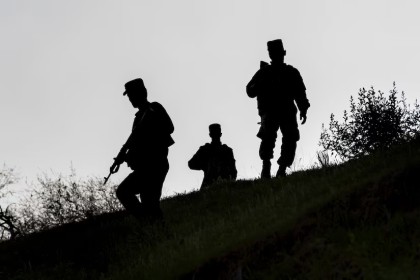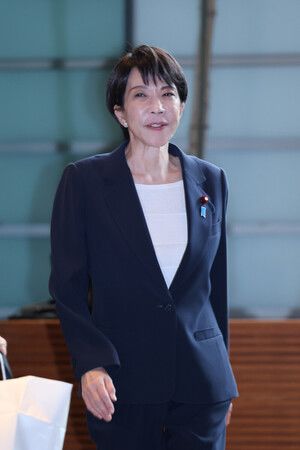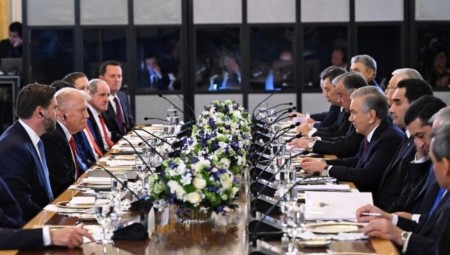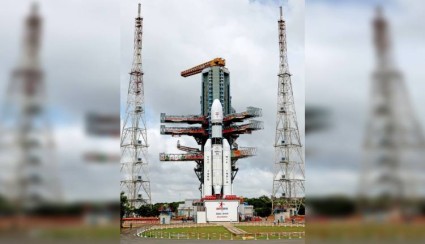Kazakh President called for diversifying the country’s oil supply routes, a day after a Russian court suspended operations on a major export pipeline.
The comments by Qasym-Zhomart Toqaev on July 7 highlighted Kazakh worries about getting its oil--which is a major source of government revenue--out to world markets. It also underscored potential tensions between Kazakhstan and Russia, whose relationship has turned prickly amid the Russian war against Ukraine.
Around 80 percent of Kazakhstan's oil exports flow via the Caspian Pipeline to the terminal in the Russian Black Sea port of Novorossiisk.
On July 6, the Caspian Pipeline Consortium, whose members include U.S. oil giants Chevron and ExxonMobil, and other international companies, said Russian regulators had been ordered to inspect the facilities of the Russian part of the consortium.
Authorities originally gave the consortium until November 30 to correct the violations in how it deals with oil spillage. But regional regulators unexpectedly demanded the closure of a Russian terminal on July 6, which a local court then approved, Russian news agencies reported.
In his comments to Kazakh officials on July 7, Toqaev ordered a study on the possibility of building a pipeline under the Caspian Sea, a previously proposed project that would allow Kazakh oil to be exported to Western markets while bypassing Russia.
The pipeline disruption comes with global energy prices soaring, due in large part to Russia’s war on Ukraine and the Western sanctions that were imposed in punishment.
The United States has imposed sanctions on Russian oil but has said flows from Kazakhstan through Russia should run uninterrupted.
Any lengthy suspension to the Caspian pipeline, which carries around 1 percent of all global oil supplies, would further strain the global oil market.
Kazakhstan and Russia are major trading partners and share a lengthy border. Longtime leader Nursultan Nazarbaev cultivated close ties with Russian President Vladimir Putin, but Toqaev, who succeeded Nazarbaev in 2019, has shown signs of cooler ties, particularly since the Ukraine invasion.
The most recent sign of tensions came last month at an economic forum in St. Petersburg when Toqaev reiterated Kazakhstan’s refusal to recognize what he called "quasi-state" entities in eastern Ukraine -- comments he made while seated alongside Putin.
At the forum, Toqaev also criticized Russian politicians and commentators, whom he accused of sowing "discord" between the two countries by launching public attacks on Kazakhstan.















